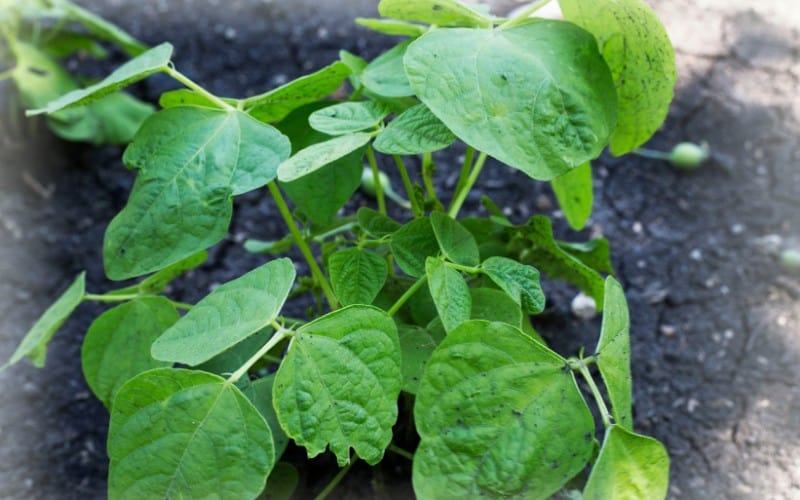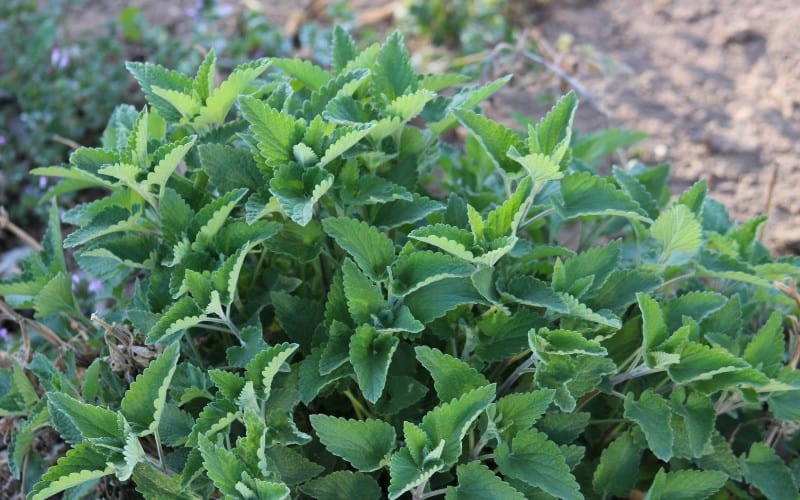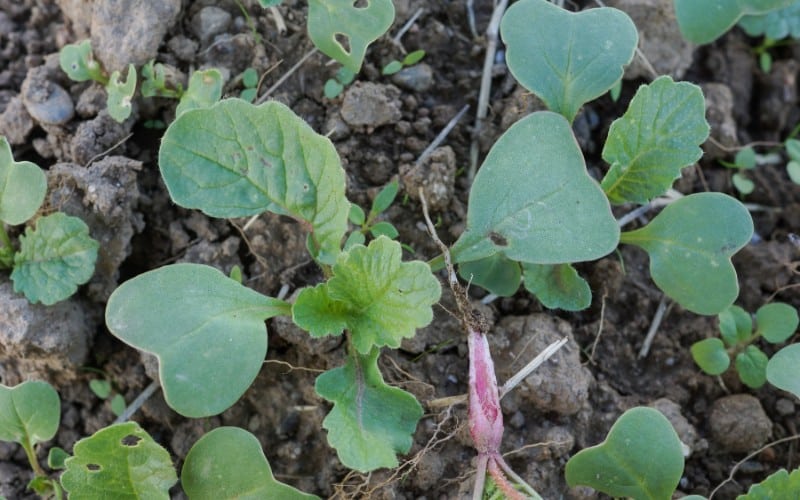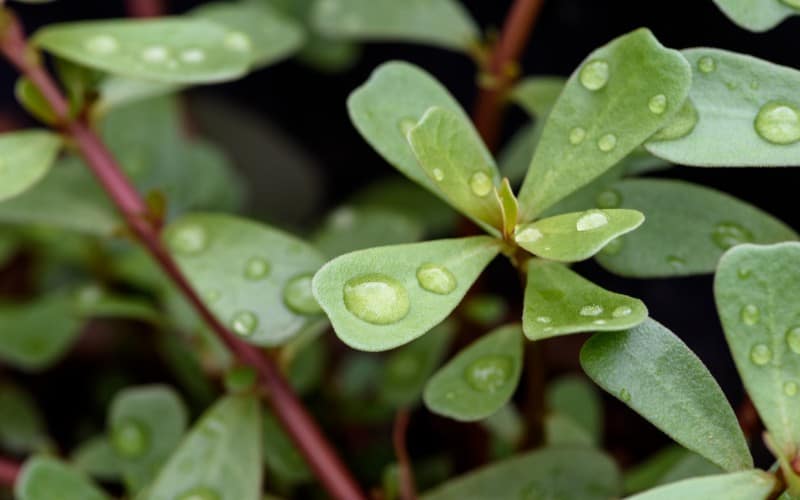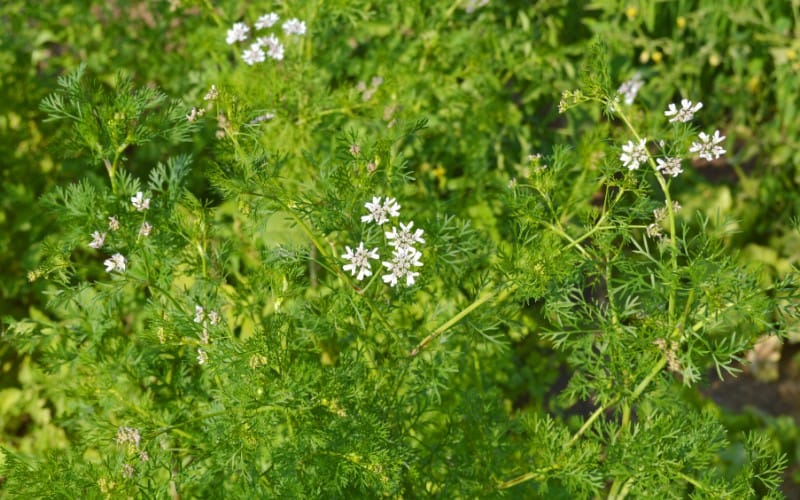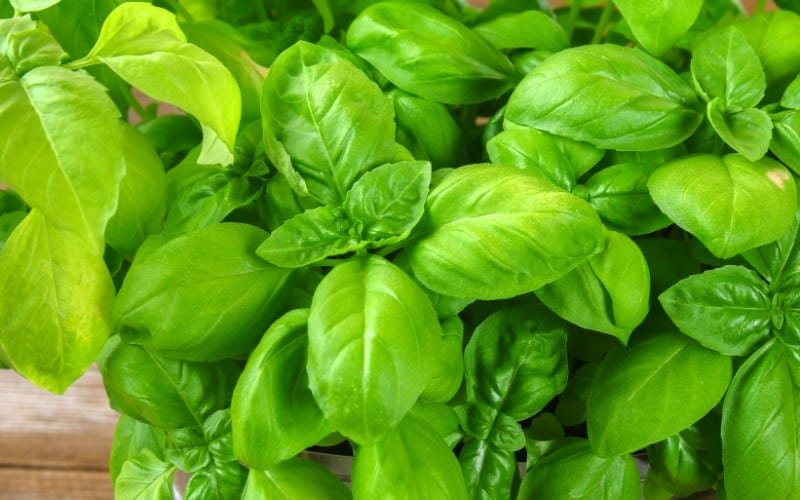The eggplant is also known as aubergine, it's a big plant with a deep purple color. Sometimes you get to see some that are green or white.
Eggplants don’t have a specific shape; they can be thin, small, long, or fat. It is a good source of fiber and other essential nutrients — a recurring plant in the Mediterranean diet and famous for having few calories.
Eggplants are rich sources of phenolics, which are antioxidants. Planting eggplants can be demanding because they require constant watering and an additional supply of nutrients, more than the soil can provide.
They also need lots of sunlight. This remarkable plant can benefit from companion planting, and in this article, we will dwell on eggplant companion plants.
Table of Contents
Benefits of Companion Planting
Companion planting has been in use for centuries now. It is a method of planting that protects and enriches crops.
Gardeners and farmers know the advantages of companion planting, which is why they are still in practice to date. Here are some of those advantages.
1. Attract Pollinators
On their own, some plants are not ‘beautiful’ enough to catch the fancy of pollinators like ladybugs and bees. Gardeners plant these kinds of plants with other attractive plants to get the attention of pollinators.
2. Improve Taste and Speed Up Growth
Some plants like the chamomile and marjoram secrete chemicals that improve the taste of plants near them. They also encourage and speed up the rate at which the plants near them grow.
3. Better Soil Nutrients
Legumes like cowpea and beans are plants that can trap nitrogen-an essential nutrient for plant plants-in the soil for the use of plants.
4. Soil Cover
Oregano is one low-growing plant that covers the soil, preventing water loss due to the sun's heat. They make the soil a bit cooler for other plants to thrive.
5. Discourage Insect Pest Activities
Herbs like rosemary, dill, and the likes have scents and flavors that repel insects. Planting them near your main crops will discourage harmful insects from coming close to your plants.
Companion Plants as Row Markers
Some plants take time to sprout; hence it is hard to know where their rows will show up. Radishes mark where these plants will sprout.
Providing Shade
Asparagus and Zucchini are tall, leafy plants that provide shade for plants that are sun sensitive.
Read Also: Watermelon Companion Plants
Companion Plants for Eggplants
Many plants are useful to be used as companion plants for eggplants. Here are some of them.
1. Thyme
Thyme is a very polygamous plant. It has a good marriage with anything you plant near it. You can use thyme as a companion plant for your eggplant.
Thyme will improve the smell of other plants around it. It is also active against worms, especially cabbage worms.
Many people use it to border nightshade plants like tomatoes and eggplants as these nightshade plants are prone to worm attack. Again, thyme is effective in repelling aphids and garden moths.
2. Peanuts
Peanuts are instrumental as companion plants. They have a good relationship with the eggplant, possessing a unique kind of roots. These roots have little mounds on them called root nodules. Inside these root, nodules are beneficial bacteria called nitrogen-fixing bacteria.
They can trap atmospheric nitrogen and make it available for the eggplants. This nitrogen-fixing is vital on two counts.
First, nitrogen is an essential nutrient for plants, and second, the eggplant is a ravenous consumer, and they need every nutrient they can get.
3. Beans
Beans is another legume that will significantly improve the performance of your eggplant. First, planting eggplants amid beans means that your eggplant is safe from the attacks of the Colorado Potato beetle.
Even with the name, the Colorado Potato beetle prefers eggplants to potatoes. So, they have a party when they see eggplants.
But they do not like beans. Hence planting eggplants with beans is like placing candy in a bowl full of crabs—tough work. Beans, as a legume, can fix atmospheric nitrogen and make it available for plants to use.
This is even richer, better, and cheaper than applying fertilizers. Another way for eggplants to grow well is by planting them after you harvest your beans.
Legumes leave a rich residue in the soil after harvest. Planting your eggplants after you harvest beans is gold. The best type of beans to plant with the eggplant is the green beans.
Read Also: Best Companion Plants For Turnip
4. Catnip
Catnip is a minty herb from the family of Labiatae. This herb contains nepetalactone, a type of essential oil. They can be planted together with the eggplant as they repel flea beetles.
Flea beetles are one of the arch enemies of eggplants. So, when you plant catnip and eggplant together, you get a combo that is safe and free from the activities of pests.
But a little caveat though, catnips are hugely attractive to cats, so, if you have cats or a neighbor that has one, you may find them roaming around your garden, and that is not a very good sight as they will destroy some of your plants.
5. Radish
Radish is an edible vegetable that is known worldwide for its flavor. They are one of the fastest-growing plants, taking less than 30 days from germination to maturity. The radish serves many purposes. Gardeners use it as a catch crop or cover crop during winter.
Radishes are useful companion plants that trap insect pests. They divert the attention of flea beetles from your eggplant to themselves.
Be careful when using radish as a trap crop because the flea beetles sometimes go out of control and attack every other crop in the garden. The best way to handle radish is to plant them a little bit afar off from your eggplant.
6. Pigweed
Pigweed is not a single plant. It is a variety of plants that can serve as fodder for pigs. Many plants make up the pigweed family, but the most popular, at least as companion planting is concerned, is redroot pigweed. It is also an edible vegetable popular in India.
One of the advantages of the pigweed as a companion plant is its ability to loosen up the soil and make it easy for plants who just started growing roots to settle in.
They also draw nutrients from the soil's deep entrenches to places where less deep-rooted plants can get to them. Redroot pigweed also causes eggplants to be more resistant to insect pest attacks.
A challenge that you may have with the pigweed is the fact that it is an invasive species. So, when using it as a companion plant, keep it well thinned. Also, rabbits love pigweed, so if you don’t want rabbits having fun in your garden, it would be best to avoid this one.
7. Dill
Herbs are popular as companion plants because of their insect repelling nature. One of such herbs is the dill. The dill is from the Apiaceae (celery) family and is famous in Europe and Asia and is used to flavor food. Chefs use the seeds of dill to make the cooking spice.
When you plant dill with eggplant, they attract useful insects like bees for pollination. They also make aphids stay far away from your garden. Dill is also one of those herbs that improve the taste of other vegetables planted around it.
8. Spinach
Spinach is one of the plants that are so rich in nutrients. They are cultivated worldwide and are an essential source of vitamins, minerals, and iron. It is easy to plant, nurture, and even prepare.
The spinach has no problem co-existing with the eggplant. The spinach has more to gain from the companion planting. Both plants will exist without causing each other any discomfort. Spinach, which does not need a lot of sunlight, will benefit from the eggplant's shade.
Read Also: How to Harvest Spinach
9. Broccoli
This plant is a rich vegetable and of the same family as cabbage. They are edible and are a source of fiber, antioxidants, minerals, and vitamins. Broccoli is a plant that does not like the heat of the sun that much. They prefer a moderate temperature to thrive.
Planting the broccoli with the eggplant is a match in heaven because the broccoli will get protection from the sun as eggplant shades it.
On the other hand, broccoli will help dig out nutrients deep in the soil, making them readily available for the eggplant, which needs many nutrients.
10. Basil
Basil is another herb that can serve as a companion plant for eggplants. Like other herbs, it is edible and can turn insect pests away from your garden. Their smell is active against aphids and garden moths.
11. Sage
Sage is another edible herb famous all over the world. The sage can grow with the eggplant. It has an aroma that can deter insect pests that bother the eggplant. Planting sage and eggplant will give you a combination of a versatile herb and, of course, your eggplant.
Conclusion
Eggplant companion plants are useful for your garden. They help improve the performance of the eggplant you planted. Most people prefer using herbs as companion plants because they serve a variety of reasons.
Some are important for medicinal use, and some are great in the kitchen, while some can fetch quick cash when sold. And this is like killing a lot of birds with just one stone.



